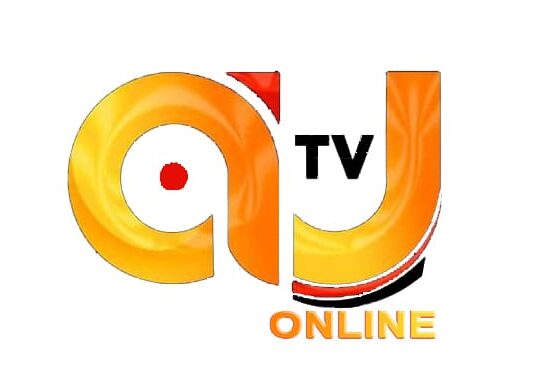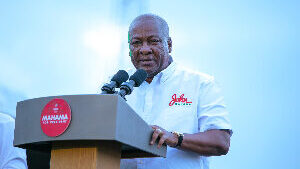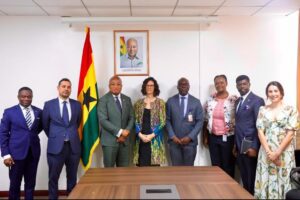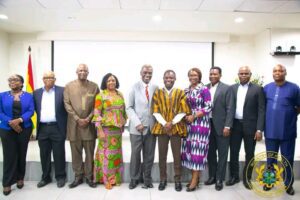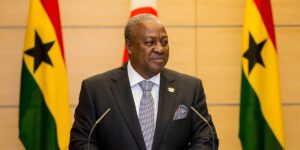Ghanaians will head to the polls on December 7, 2024, to elect a new president and members of parliament. This election is being closely watched by investors, who are eager to assess how the next leader will navigate Ghana’s economy, which is emerging from a debt default. President Nana Akufo-Addo, having completed two terms, will step down, paving the way for one of 13 candidates to take office. The leading contenders are former president John Dramani Mahama of the National Democratic Congress (NDC) and current Vice President Dr. Mahamudu Bawumia of the New Patriotic Party (NPP).
The election comes at a critical time as Ghana concludes a $13 billion debt restructuring program under the terms of a $3 billion IMF loan. While a deal with non-Eurobond commercial creditors remains pending, investors are already focusing on whether the incoming administration can sustain the reforms necessary to achieve debt sustainability. John Mahama, who leads in several polls, has pledged to renegotiate the IMF agreement to secure additional financing. He also aims to introduce a public debt ceiling of 60-70% of GDP to prevent over-borrowing. However, critics point to his previous tenure, marked by increased borrowing for infrastructure projects, electricity shortages, and high inflation.
Read Also;
Dr. Bawumia, on the other hand, has campaigned on modernizing the economy through digitization, low taxes, and fiscal discipline. He proposes capping public spending at 105% of the previous year’s tax revenue and redirecting 3% of GDP public spending into private infrastructure projects. Both candidates present contrasting visions, but their ability to implement policies will largely depend on balancing campaign promises with fiscal realities.
Renegotiating the IMF programme remains a possibility, as the Fund regularly reviews and adjusts reform plans in collaboration with governments. However, any revisions must align with Ghana’s recovery goals, ensuring long-term debt sustainability and inclusive growth. The IMF has so far endorsed Ghana’s progress under the current loan programme, but the next government will need to demonstrate its commitment to these objectives.
Domestically, the incoming administration faces significant challenges, including a cost-of-living crisis, widespread unemployment, and frequent electricity outages. Mahama’s NDC has vowed to increase spending on health, education, and infrastructure to stimulate growth and job creation. Meanwhile, Bawumia’s NPP prioritizes economic stability by reducing inflation and attracting private investment. Oxford Economics warns that Ghana’s high debt burden will limit the next government’s fiscal options, making it difficult to balance public expectations with IMF-imposed restrictions.
Ghana’s commodities sector, including oil, gas, and cocoa, will also require strategic attention. Oil production, which began in 2010, has flagged in recent years. Mahama has promised to grant more local ownership in future oil and mining projects if elected. The cocoa sector, crucial to Ghana’s economy, is struggling with declining yields due to low farmer pay, plant diseases, and illegal mining. The global cocoa market will closely monitor whether the new administration adopts IMF-recommended reforms and continues the recently introduced marketing model that replaced a decades-old cocoa loan syndication system.
As Ghana prepares for this pivotal election, the stakes are high. The next government will need to address immediate economic concerns while charting a sustainable path forward. The outcome will not only shape the country’s political future but also determine its economic recovery trajectory.
